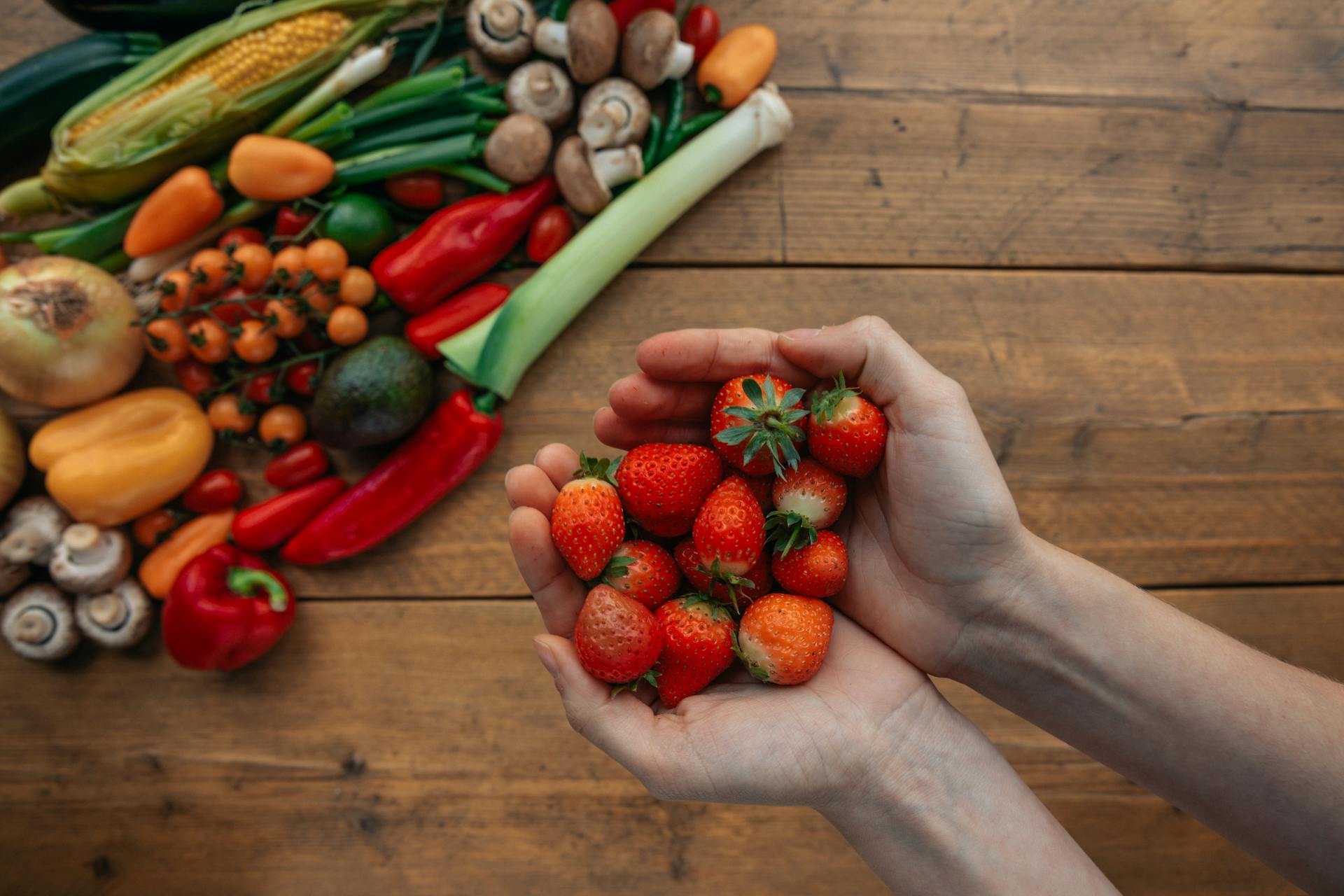Deuterium and its distribution
Deuterium, a heavy isotope of hydrogen, occurs naturally in water and affects everything from photosynthesis to mitochondrial energetics. Its concentration increases near the equator and is lower at polar latitudes, which has a direct effect on the agricultural products grown in these areas. Plants irrigated with water with a high deuterium content accumulate this isotope, which leads to a higher energy demand for their metabolism in the human body.
Energetic consequences of consuming deuterium-rich foods
Eating fruits and vegetables from equatorial regions, especially during winter in temperate zones where sunlight is weak and UV radiation is low, poses an energy problem:
- High intake of deuterium: Fruits and vegetables from the tropics contain higher levels of deuterium, which burdens mitochondrial function, slows energy processes and increases ROS production, leading to disruption of cellular health.
- Lack of compensatory UV radiation : In the winter months in temperate latitudes, exposure to UV radiation is limited, which reduces the body's ability to efficiently regulate and metabolize deuterium. The lack of UV radiation means that the body does not have sufficient conditions to optimize photosensitive reactions that could help reduce the effects of deuterium.
Strategies for minimizing the negative impacts of deuterium
1. Seasonal and local consumption: Avoid consumption of imported fruits and vegetables from areas with high deuterium content, especially during the winter months. Prefer foods grown locally and in season that are irrigated naturally
2. Increased exposure to natural light: Take every opportunity for exposure to natural light, especially in the spring and summer months when UV radiation is more intense, which helps the body process deuterium better and promotes mitochondrial health.
3. Hydrate with low-deuterium water: Where possible, drink water with a lower deuterium content, which can help reduce total body deuterium burden and promote energy efficiency.
This comprehensive view of deuterium in the food chain and its relationship to the light environment offers a comprehensive framework for understanding and managing the energy and health consequences of our dietary choices, especially in the context of quantum biology and bioenergetics.





Leave a comment
This site is protected by hCaptcha and the hCaptcha Privacy Policy and Terms of Service apply.